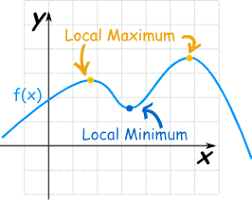
Complexity Theory’s Approach to Climate Adaptation
One of my favorite books of 2020 is a classic, Complexity Theory. The book covers how ideas converge at the edge of chaos. And specifically how technologies come together in unique combinations at almost required points in time to drive forward industry.
Near the end of the book there is a segment on climate change, that I believe is very relevant for our current market status. Right now there are ongoing debates between different fuel types and their pros/cons and various proponents are staking out their positions and getting entrenched. My favorite paragraphs from the book show how we should be approaching climate adaptation by embracing many different technologies. By enabling a suite of differing technologies, we retain optionality to optimize for the long term maxima, as opposed to being stuck in an intermediate peak.
“When you are part of the cycle, as in climate change, it is not a duality of us vs them. It is integration. Accommodation and coadaptation so you optimize for the right peaks and not a local maxima that could extinct you.”
“And so how to maneuver in a world like that: the answer is to keep as many options open as possible. You go for viability, something that’s workable, rather than what’s optimal. A lot of people then say: aren’t you accepting second best? No, you’re not, because optimization isn’t well-defined anymore. What you are trying to do is maximize robustness, or survivalists, in the face of an ill-defined future. And that, in turn, puts a premium on becoming aware of non-linear relationships and causal pathways as best we can. You observe the world very carefully and you don’t expect the circumstances to last.”